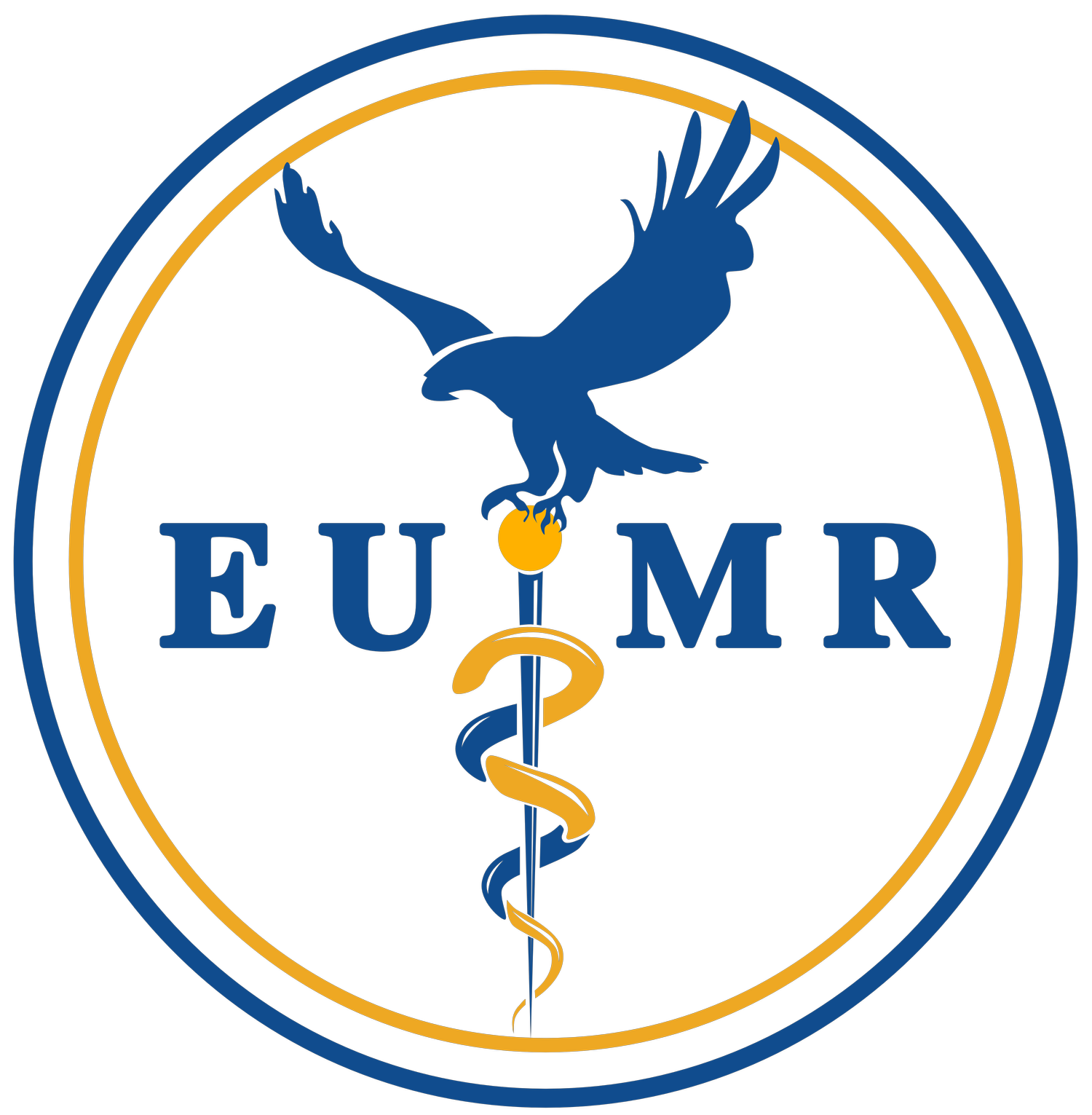The Effects of Solitary Confinement on the Neurological Processes of Inmates
Over 80,000 individuals in the United States are currently serving time in solitary confinement, and although solitary confinement is often used as a correctional measure, it has adverse effects on the nervous system of inmates. Inmates are often subject to no-touch torture which manifests into psychological symptoms.
We Can’t Look Away: The Effect of Screens on Ocular Physiology
In a world where screens are becoming more and more ubiquitous, the implications to our eye health have often been overlooked. Although screens are more harmless than harmful to our eyes, what are the dangers that screens pose to our eyes?
Global Disparities in Treating Multimorbidities
Multimorbidities are defined as the coexistence of two or more chronic health conditions in an individual. To determine the global disparities that exist in treating multimorbidities, this paper compares multimorbidity data and typical treatment mechanisms from three countries in various stages of socio-economic development: the United States, Nepal, and Africa.
Visionary Technologies: Artificial Intelligence in Lung Cancer Imaging and Diagnosis
With lung cancer being a significant cause of mortality in the US, early detection, diagnosis, and treatment are as important as ever. Deep Learning, a subset of AI, offers advanced imaging and diagnosis that can improve survival rates.
The Black Maternal Health Crisis
The violence that Black mothers face in healthcare is a gap in the medical field that has been neglected for too long. Now, there is a Black Maternal Health Crisis that urgently needs to be addressed.
Small Molecules that Make a Big Difference: Medical Applications of Nanoparticle Engineering
Nanoparticles are an application of cellular biology that show promising applications in the fields of biochemistry, medicine, archeology, forensics, and more. Future innovations in medicine regarding nanoparticles and protein engineering have the potential to address cancer and various other diseases.






